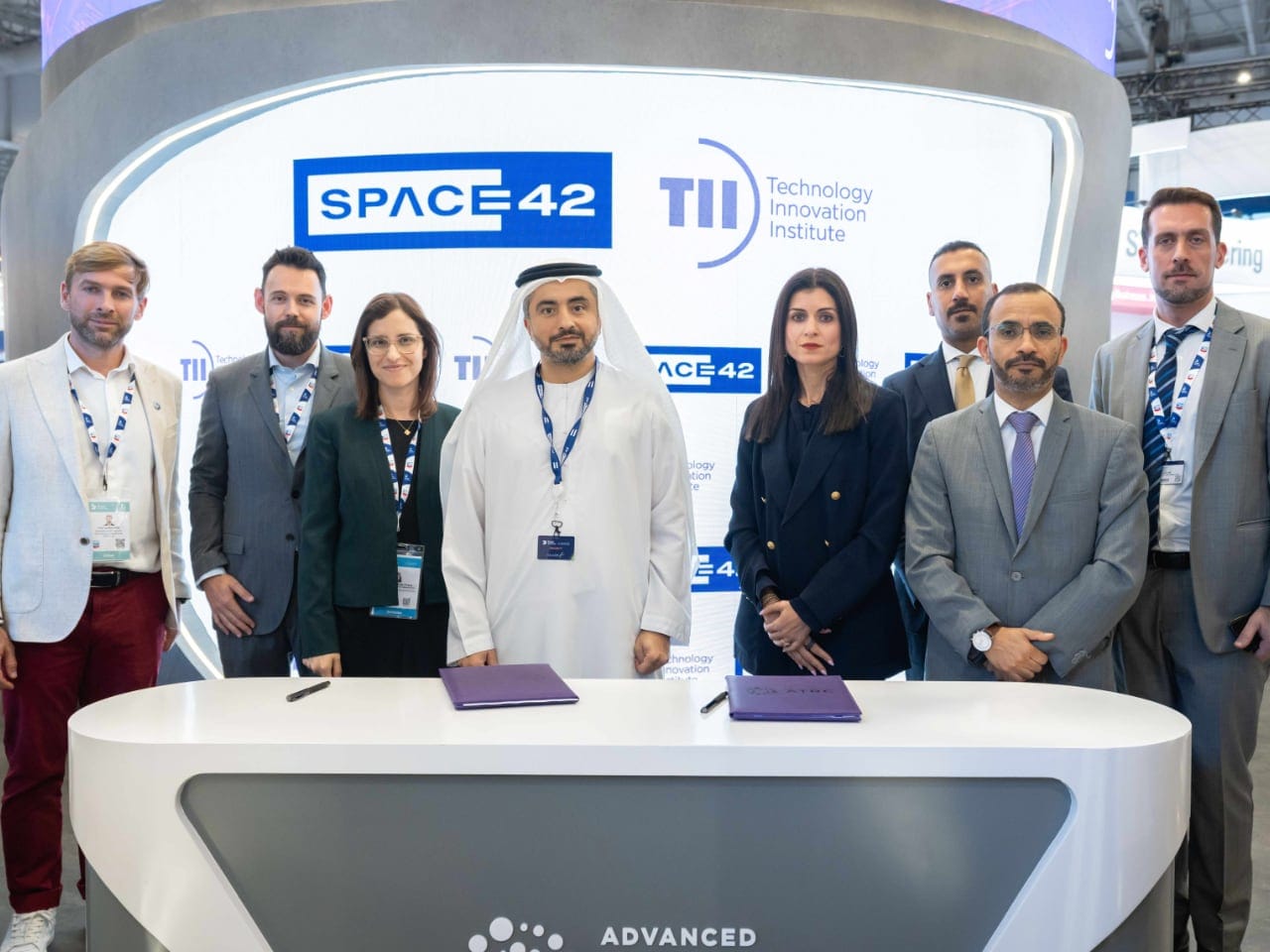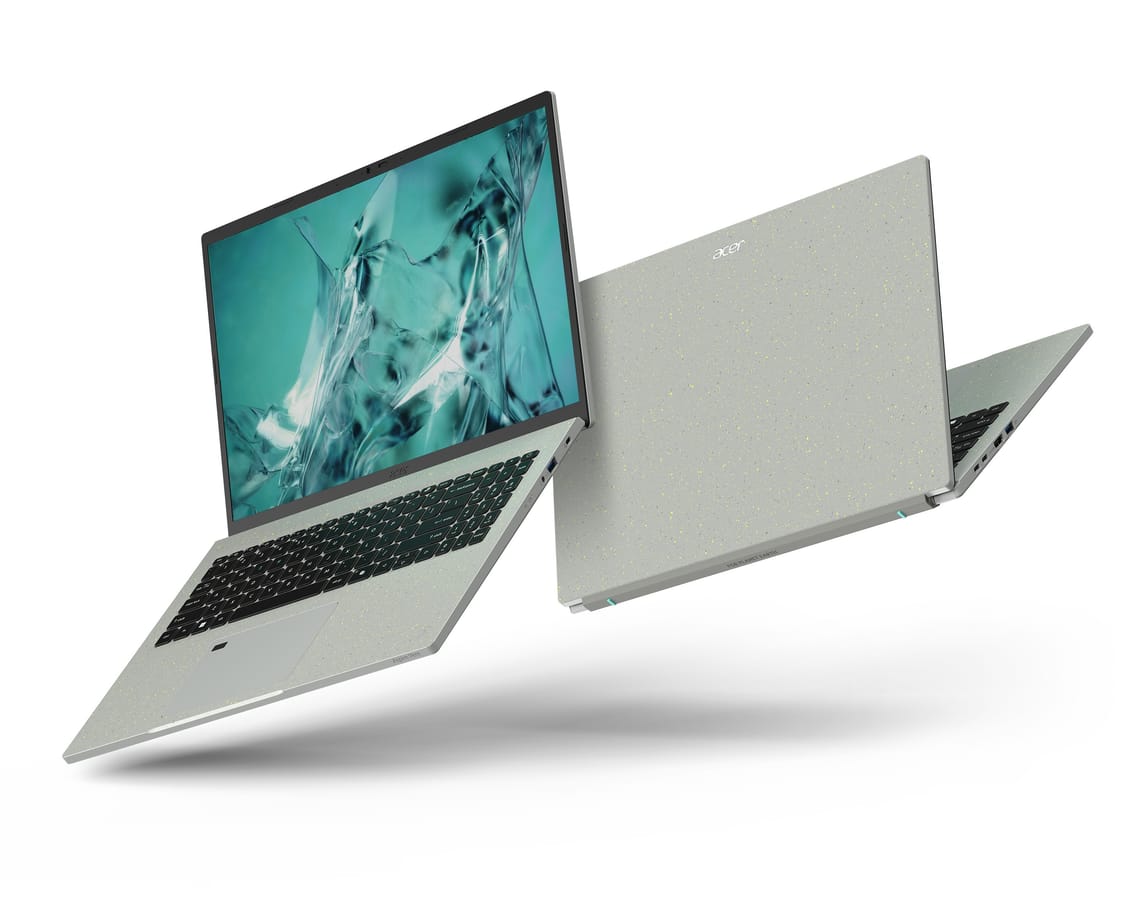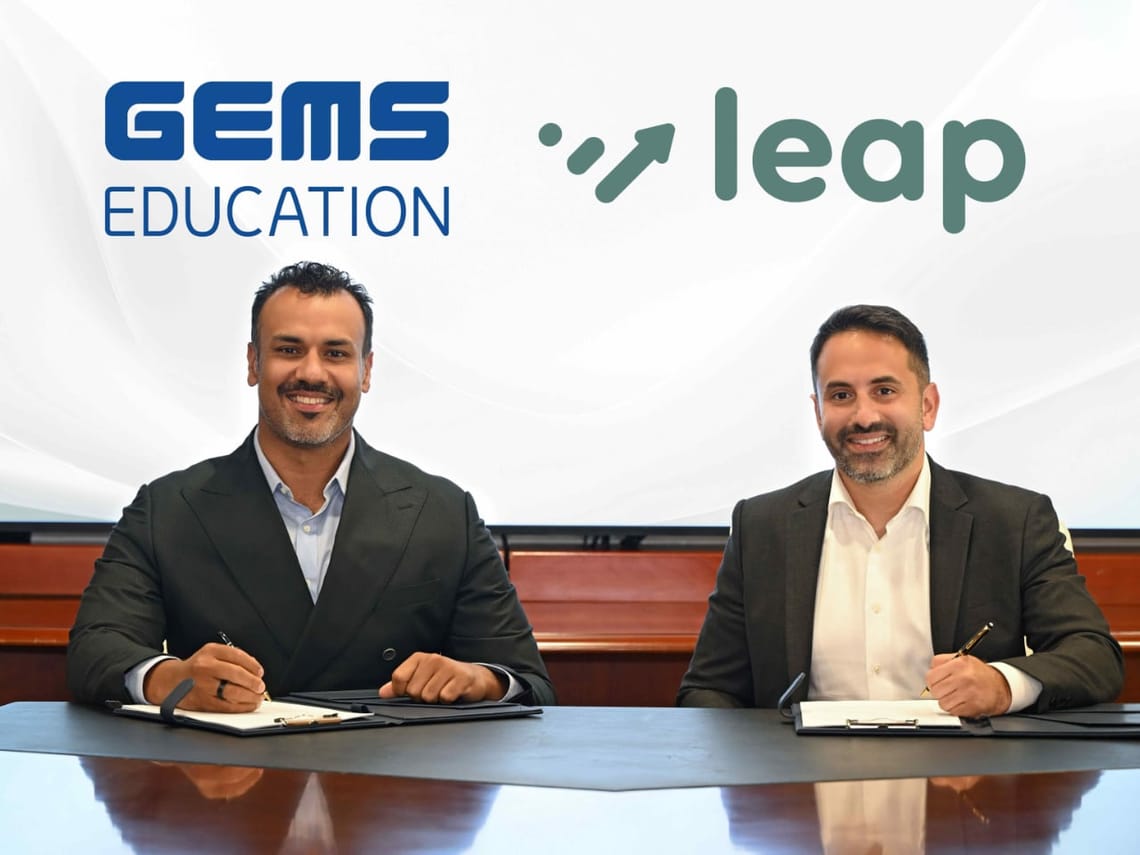The UAE is quietly ticking off some serious boxes on its quantum roadmap.
At Dubai Airshow 2025, Abu Dhabi’s Technology Innovation Institute (TII) and Space42, the AI-powered SpaceTech company born from the Bayanat–Yahsat merger, announced a plan to build the country’s first space-to-ground quantum communication network.
In simple terms, they want satellites talking to ground stations using Quantum Key Distribution (QKD) – a way of sharing encryption keys that becomes useless to attackers the moment they try to eavesdrop.
- Technology Innovation Institute (TII) and Space42 will co-develop the UAE’s first space-to-ground quantum communication network using Quantum Key Distribution (QKD).
- The project links satellites with ground stations to enable ultra-secure data exchange for national infrastructure and services.
- The agreement was signed at Dubai Airshow 2025 and supports the UAE’s push for sovereign, quantum-secure communication capabilities.
- TII brings its in-house QKD tech, while Space42 provides satellite systems and non-terrestrial network expertise.
- The work aims to move QKD from lab demos into space-based pilots and future commercial services for governments and enterprises.
This is part of a broader UAE push that already includes quantum testbeds in Abu Dhabi’s financial district, a quantum optical ground station for space links, and commercial QKD services like QuantumConnect.
Here’s what TII and Space42 are actually building, why quantum is such a big deal for the UAE, and what it could mean for future satellite services.
What TII and Space42 are building – in plain English
TII and Space42 have signed a structured agreement to design, test and demo a space-based QKD system that connects satellites to ground stations in the UAE.
- Focus is on space-to-ground QKD, not just fibre on Earth.
- TII contributes its sovereign QKD tech and quantum research expertise.
- Space42 brings satellite payloads, integration, and ground segment operations.
- The aim is an in-orbit demonstration that can lead to commercial, quantum-secure space services.
In practice, this means designing a payload that can fire quantum signals (usually single photons) from a satellite down to a specialised ground station. The network then uses these photons to generate encryption keys that reveal whether anyone tried to listen in. If the keys are “clean”, the data link is considered secure; if not, the system knows something is wrong and can react.
TII has already demonstrated homegrown QKD at GITEX with the UAE Space Agency and has built a quantum-optical ground station in Abu Dhabi specifically for space links. This new tie-up with Space42 is the logical next step: take those lab and ground demos, and put them on a satellite owned and operated from the UAE.
You can see the broader quantum strategy in projects such as TII’s work with Quantinuum on real quantum algorithms, which we’ve covered before on tbreak.com. That partnership already shows how serious Abu Dhabi is about building practical quantum capabilities, not just talking about them.
Read more about TII’s quantum algorithm work here.
Why quantum-secure space links matter for the UAE
This is not just about having a shiny “first in the region” badge. It’s about future-proofing critical infrastructure before quantum computers become strong enough to break today’s encryption.
- QKD protects encryption keys using the rules of quantum physics, not just maths.
- Intercepting quantum keys changes their state, so eavesdropping is detectable.
- Space-based QKD extends secure key distribution beyond fibre networks and across borders.
- Use cases include government clouds, defence links, financial services, and secure satellite backhaul.
For the UAE, this fits neatly with its cyber resilience and digital sovereignty goals. QKD allows the country to own the tech, the infrastructure and the keys that protect national and commercial data – rather than outsourcing them to foreign vendors.
It also builds on recent moves, such as the quantum-secure communications testbed in Abu Dhabi’s financial centre, which brings banks and regulators into the quantum conversation early. As the UAE ramps up its space ambitions and civil space spending, it makes sense to lock in secure, sovereign communications from day one rather than patch security later.
Who’s bringing what: TII vs Space42
The two sides are not starting from zero. Each partner is already deep in its lane.
- TII
- Applied research arm of Abu Dhabi’s Advanced Technology Research Council, with a full Quantum Research Center working on QKD, quantum communications and quantum computing.
- Has demonstrated UAE-built QKD solutions in live setups and is rolling out commercial offerings like QuantumConnect.
- Built a quantum optical ground station to plug the UAE into global QKD networks.
- Space42
- AI-powered SpaceTech company listed on ADX (ticker: SPACE42), formed in 2024 via the merger of Bayanat and Yahsat.
- Runs satellite services under Space Services and data/AI offerings under Smart Solutions.
- Focused on non-terrestrial network (NTN) solutions – think satellites, mobility services and space-based connectivity.
The agreement sets up collaboration across R&D, payload design, satellite integration and ground operations, plus a structure for joint steering and knowledge exchange.
In short: TII figures out how to generate and handle quantum keys; Space42 makes sure the satellite and ground infrastructure can actually run them at scale. That combo increases the odds that any successful demo can evolve into real, paid services for governments and enterprises.
If you’ve been following TII’s work on UAE-built space hardware, including the country’s first liquid rocket engine, this partnership is another sign that Abu Dhabi is building the full stack, from rockets and satellites to quantum ground stations.
Here’s our breakdown of the UAE’s first liquid rocket engine.
From lab demo to commercial quantum services
One thing that stands out in the announcement is the focus on future commercialisation, not just a one-off science mission.
- The project includes design, testing, validation and in-orbit demonstration of QKD payloads and links.
- It uses a structured framework for ongoing collaboration, not a single experiment.
- The goal is to “pave the way” for commercial quantum-secure space systems operated from the UAE.
- National talent development and sovereign innovation are baked into the roadmap.
The UAE already has a pattern here: build testbeds, validate the tech in live environments, then wrap it in commercial services. We’ve seen that in quantum-secure testbeds in Abu Dhabi’s financial centre and in broader efforts to position the country at the front of the regional space market.
Moving QKD into orbit is the next logical stage. Once the network is proven, expect to hear more about services like quantum-secure satellite backhaul, protected government clouds and secure links for energy, transport and financial infrastructure.
UAE’s quantum and space agenda: this deal in context
Zoom out, and the TII–Space42 partnership slots neatly into a wider UAE playbook.
- The Quantum Research Center at TII is already working on quantum cryptography, communications and computing, aiming to build the Arab world’s first quantum computer.
- TII and the UAE Space Agency have partnered before on quantum-secure communication infrastructure and live QKD demos.
- Abu Dhabi has launched a quantum-secure communications testbed with ADGM, Hub71 and ASPIRE to test real-world use cases.
- On the space side, the UAE is already leading Middle East civil space spending and setting out a long-range plan for regulation, funding and talent, as highlighted at the first UAE Space Retreat.
This new space-to-ground QKD network is one of the first places those quantum and space ambitions properly overlap. If it works, it gives the UAE something very few countries have: sovereign, quantum-secure space infrastructure that can support both national missions and exportable services.
FAQ
What is Quantum Key Distribution (QKD) in simple terms?
QKD is a way of sharing encryption keys using particles of light (photons) instead of normal data signals. If someone tries to intercept those photons, their state changes and the system can see that the keys have been compromised. In practice, it means you can tell when a connection has been spied on and refuse to use the affected keys.
Why does the UAE need a space-based quantum communication network?
Because a lot of critical services rely on satellite links – from government and defence to mobility and remote infrastructure. A space-based quantum network lets the UAE secure those links using QKD rather than traditional encryption that may be broken by future quantum computers. It also extends quantum security beyond local fibre networks and into regional and global coverage.
What exactly are TII and Space42 doing in this project?
TII is providing the sovereign QKD technology and quantum research expertise. Space42 is bringing its satellite systems, payload integration and ground segment operations. Together, they will design, test, validate and demo a space-based QKD payload and space-to-ground links, with a clear path towards commercial services.
When will the UAE’s quantum space network go live?
The agreement announced at Dubai Airshow 2025 focuses on development, testing and in-orbit demonstration, not immediate nationwide rollout. The exact launch dates and service timelines have not been made public yet, but the structure of the agreement suggests the partners are planning for commercialisation once the demo phase proves successful.
How is this different from normal “secure” satellite communications?
Traditional satellite encryption relies on maths-based algorithms. These are strong today but may be broken in future by powerful quantum computers. QKD, by contrast, uses the laws of quantum physics to protect the keys themselves. Any attempt to intercept them leaves a trace, so the system knows not to trust those keys. Combined with standard encryption, QKD gives a stronger level of assurance for long-term, high-value data – exactly the kind used in government, defence and finance.

That’s the story: not just another space partnership, but a sign that the UAE wants to be on the shortlist of countries that can design, operate and export quantum-secure satellite systems – starting from home-grown tech.
Subscribe to our newsletter to get the latest updates and news















Member discussion